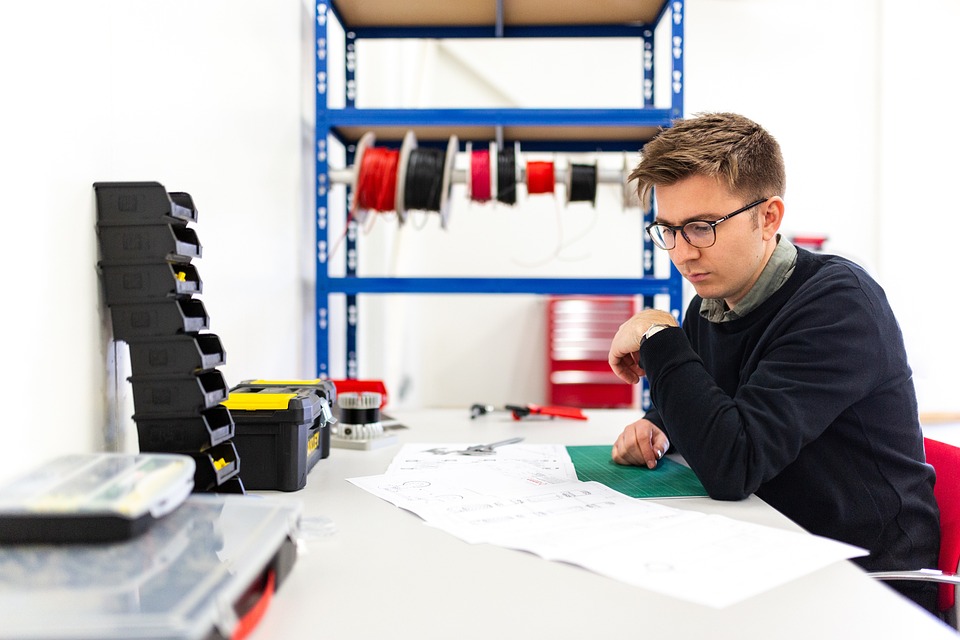Navigating Your Engineering Career Roadmap: Essential Steps for Success
Embarking on an engineering career is akin to setting sail on an uncharted sea, replete with both promising horizons and unforeseen tempests. The journey, while exhilarating, requires a well-thought-out roadmap to navigate the intricacies of the profession and to ensure you remain on course towards your aspirations.
1. Cultivating a Solid Educational Foundation
The first essential step in your engineering odyssey lies in acquiring a robust educational foundation. A degree from a reputable institution is paramount, yet education transcends mere qualifications. Engage deeply with your coursework, participate in group projects, and seek out internships that provide practical experience. This blend of theoretical knowledge and practical application is crucial, for it will equip you with the skills that employers value most.
2. Building a Professional Network
As the saying goes, “It’s not what you know, but who you know.” Your network is a vital asset, often opening doors to opportunities that may otherwise remain closed. Attend industry conferences, join professional organisations, and actively engage on platforms like LinkedIn. Forming connections with peers, mentors, and industry leaders can provide invaluable insights and potentially lead to job offers. Remember, a diverse network can offer varied perspectives and support throughout your career.
3. Embracing Lifelong Learning
In the ever-evolving field of engineering, complacency is not an option. Technological advancements and new methodologies emerge at a staggering pace. Embrace lifelong learning by pursuing certifications, attending workshops, and staying abreast of industry trends. This commitment not only enhances your skill set but also demonstrates to employers your dedication to personal and professional growth.
4. Gaining Practical Experience
Experience is the crucible in which your theoretical knowledge is tested. Seek internships or entry-level positions that allow you to apply your skills in real-world scenarios. Each project you undertake, no matter how small, contributes to your portfolio and hones your problem-solving abilities. Don’t shy away from challenging tasks; they often provide the most significant learning experiences.
5. Developing Soft Skills
While technical expertise is undeniably important, the significance of soft skills should not be underestimated. Communication, teamwork, and problem-solving abilities are equally crucial in an engineering role. Participate in team projects, public speaking engagements, or volunteer opportunities to refine these skills. Employers increasingly seek well-rounded candidates who can not only tackle complex technical challenges but also collaborate effectively with others.
6. Setting Career Goals
A clear vision of your career trajectory is vital. Take the time to set both short-term and long-term goals. Reflect on where you wish to be in five, ten, or even twenty years. Having a roadmap helps you stay focused and motivated, as well as enables you to measure your progress. Regularly reassess your goals to accommodate changes in your interests or the industry landscape.
Charting your course through the tumultuous waters of an engineering career may seem daunting, yet with a well-structured approach, the path becomes clearer. From building a solid educational base to honing your soft skills, each step is a building block towards your success. As you navigate this journey, remember that resources like CVPortal continue to offer an array of high-quality CV references, helping you showcase your skills and experiences effectively. Embrace the journey, and may your engineering career flourish!


